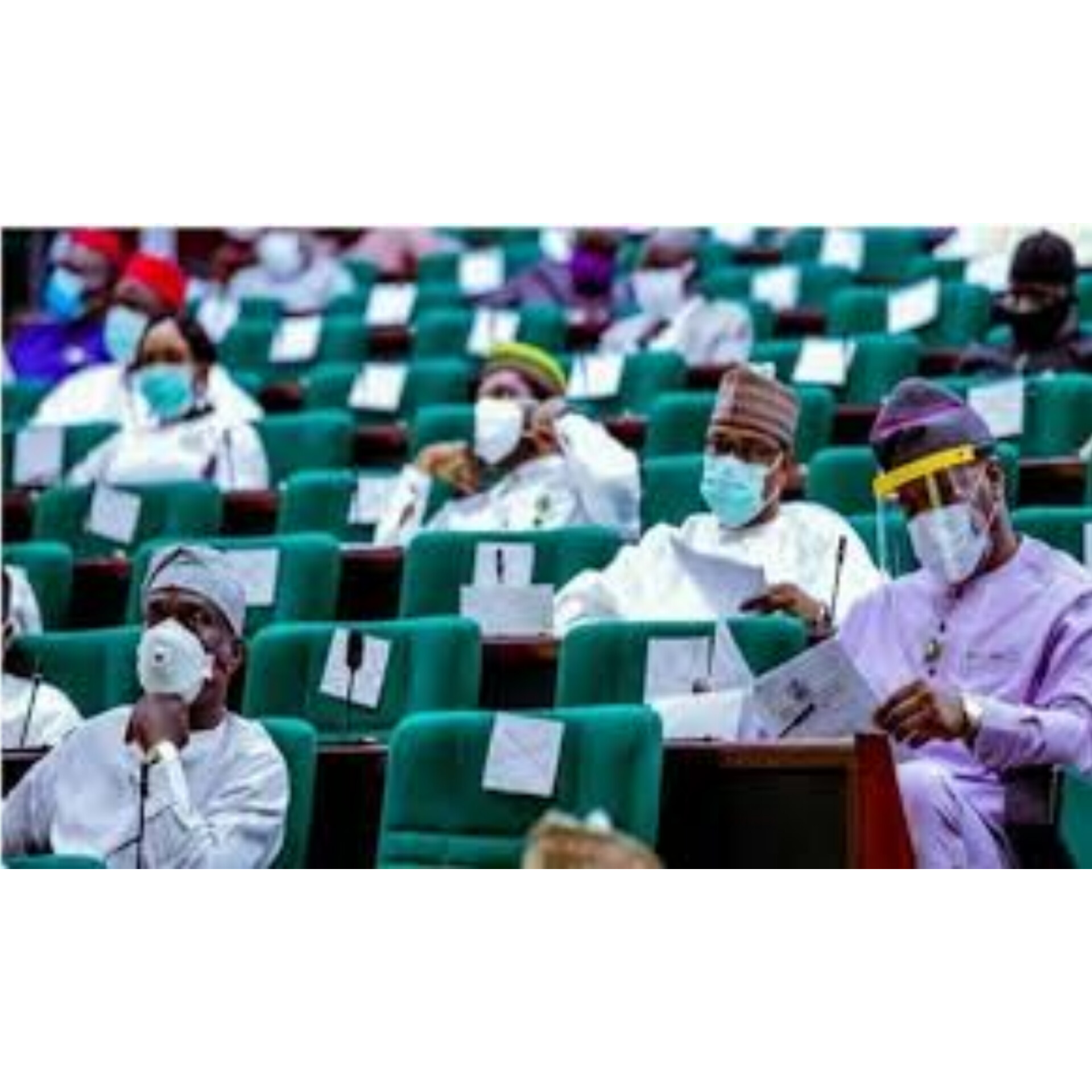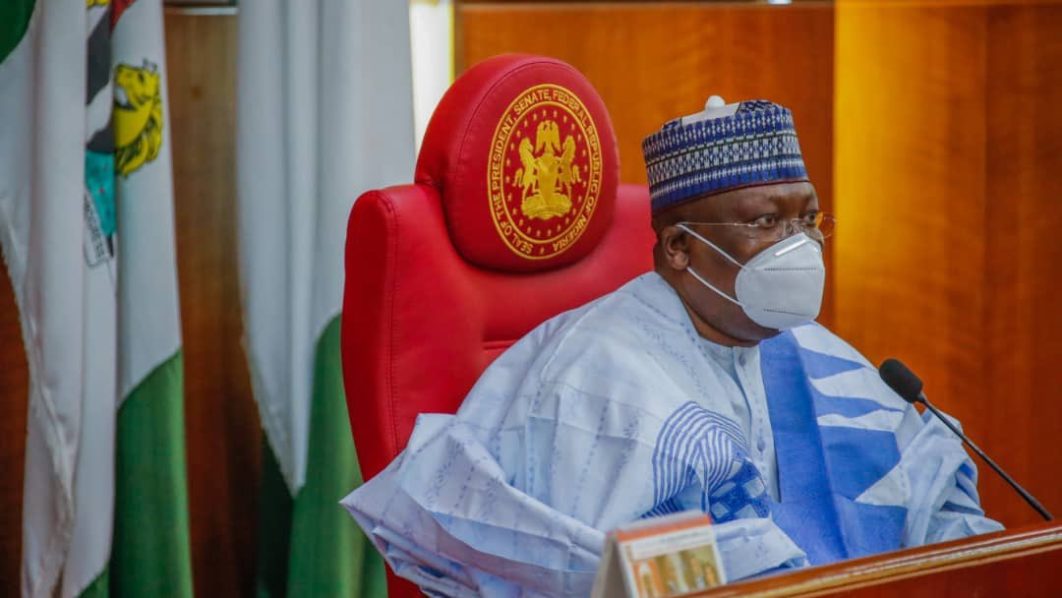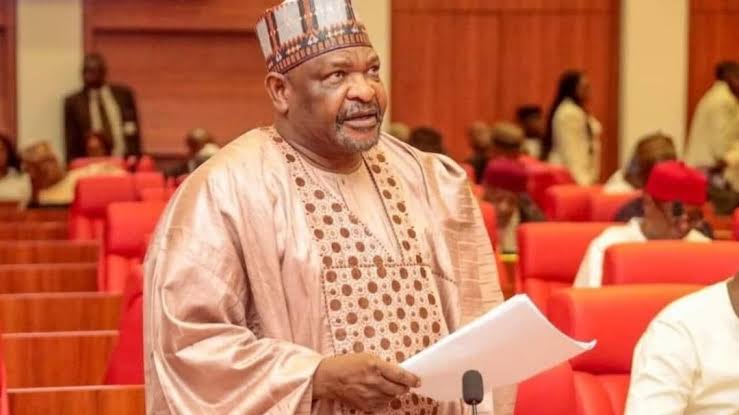The House of Representatives has screened the presidential nominees for the Board and Management of the Niger Delta Development Commission (NDDC).
This was contained in a statement that was jointly signed by Chairperson, House Committee on NDDC Hon. Erhiatake Ibori-Suenu and chairman, House Committee on Media and Public Affairs Hon. Akin Rotimi, Jr.
The nominees had appeared before the House ad-hoc committee mandated to conduct the screening on Thursday.
This is to fulfill Section 2 (2) (a) of the NDDC Act, which prescribed that the nominees must be screened and confirmed by the Senate in consultation with the House of Representatives.
In her remarks, the Chairman of the House Committee on NDDC, Hon. Erhiatake Ibori-Suenu charged the nominees upon their anticipated confirmation, to justify the confidence reposed in them by H.E. President President Bola Ahmed Tinubu.
She said “Now, more than ever before, the NDDC needs visionary leaders with integrity to drive the discharge of the commission’s mandate, to translate to tangible impact on the lives of the people and communities in the Niger Delta.”
According to the statement, the screening exercise featured presentations by Mr. Chiedu Ebie and Dr. Samuel Ogbuku, NDDC Chairman and Managing Director/CEO nominees respectively, who shared details of their respective career trajectories, and vision for the commission.
Subsequently, the Deputy Minority Leader of the House, Hon. Ali Isa, moved the motion for the nominees to take a bow following the understanding that the Senate had similarly screened and confirmed the nominees, and also in consideration of the fact that some of the nominees are former parliamentarians. The motion was seconded by Deputy Leader of the House, Hon. Abdullahi Ibrahim Halims, and unanimously carried by the committee.

Haven been screened the committee is expected to submit it’s report and recommendations during plenary.
Upon confirmation by the House, the National Assembly is expected to immediately transmit its resolution to the Presidency, having effectively
The nominees screened include: Mr. Chiedu Ebie, Chairman (Delta); Dr. Samuel Ogbuku, Managing Director/CEO (Bayelsa); Mr. Boma Iyaye, ED, Finance & Admin (Rivers); Mr. Victor Antai, ED, Projects (Akwa Ibom); Hon. Ifedayo Abegunde, ED, Corporate Services (Ondo); Senator Dimaro Denyanbofa (Bayelsa); Mr. Abasi Ndikan Nkono (Akwa Ibom); Rt. Hon. Monday Igbuya (Delta); Chief Tony Okocha State (Rivers); and Hon. Patrick Aisowieren (Edo).
Others are Mr. Kyrian Uchegbu State (Imo); Hon. Otitio Atikase (Ondo); Chief Dimgba Eruba (Abia); Rt. Hon Orok Otu Duke (Cross River); Hon. Nick Wende (North Central); Hon. Namdas Abdulrazak (North East); and Senator Dr. Ibrahim Gobir (North West).
According to the House leader, Hon. Prof. Julius Inhovbere, when confirmed and inaugurated, the nominees will be charged with the responsibility to chart a new course for the critical interventionist agency, and be just and fair to all the communities.
He charged the nominees when confirmed to be guided by the fear of God and respect for the constitution in the discharge of their duties, saying that “Nigerians expect to be proud of your achievements. You all owe the duty to Nigerians to perform.” Justice for all is justice for one, and justice for one is justice for all.”, he said.



